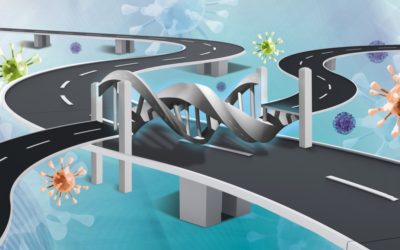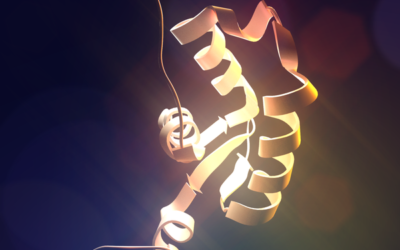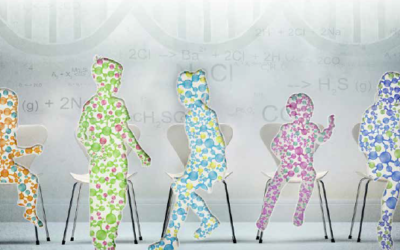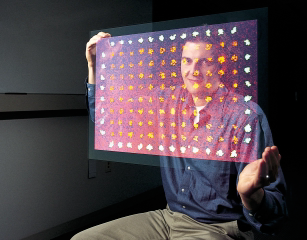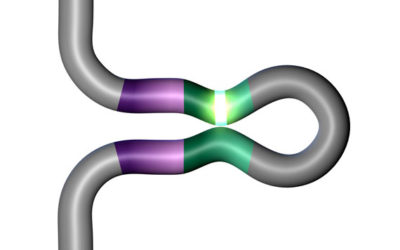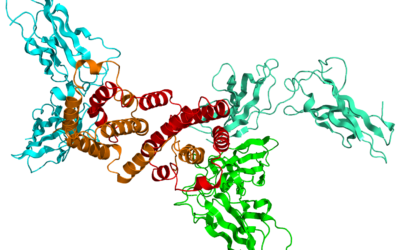
Genetics
Gene Therapy’s Road to Redemption
Pediatrics Nationwide magazine
Fifteen years ago, gene therapy suffered a highly visible fatality, leaving the field in shambles. Now, one team’s efforts at gene therapy for muscular dystrophy suggest the field may finally be on track to deliver on its initial promise.
Researchers Identify Genetic Mutation Linked to Congenital Heart Disease
Nationwide Children’s Hospital
A mutation in a gene crucial to normal heart development could play a role in some types of congenital heart disease—the most common birth defect in the U.S. The finding could help narrow the search for genes that contribute to this defect, which affects as many as 40,000 newborns a year.
A knowledge gap
Pediatrics Nationwide magazine
Many pediatricians don’t feel competent to treat patients with genetic disorders, according to a new study that raises questions about how to better prepare physicians for these cases.
Cellular Makeup
Paradigm magazine
What do you do when you need to examine gene and protein function in thousands of living cells all at once, in real time…and there’s no technology that makes that possible? If you’re David Sabatini, you make something where there once was nothing.
The “Y” Files
Paradigm magazine
The Y chromosome has been called the Rodney Dangerfield of the genomic world. New studies suggest it’s time to give the chromosome a little respect.
Rumors of male chromosome’s demise greatly exaggerated, study finds
Whitehead Institute
The Y chromosome has seen its gene supply shrink from more than 1,000 genes when sex chromosomes first evolved, to what scientists once thought was only a handful of genes, a downward trend predicted to continue until the Y disappeared altogether. But two new studies suggest that the rumors of the Y’s demise have been greatly exaggerated.
Inactive genes may contribute to failure of animals cloned from adults cells, study finds
Whitehead Institute
Only 1 percent to 3 percent of animals cloned from adult cells survive to birth; many die mysteriously very early in development, around the time of implantation. A new study suggests that a set of genes important in early development fails to reactivate in adult, or somatic, cell-derived clones, a finding that could help scientists skirt a major roadblock in cloning.
Boosting Immune Process with IFN-y Helps Clear Lethal Bacteria in Cystic Fibrosis
Nationwide Children’s Hospital
Boosting a key immune process called autophagy with interferon gamma (IFN-γ) could help clear a lethal bacterial infection in cystic fibrosis, a new study suggests. The work, led by a team in The Research Institute at Nationwide Children’s Hospital and published in PLoS One in May, offers new information about immune function in patients with the disease.

